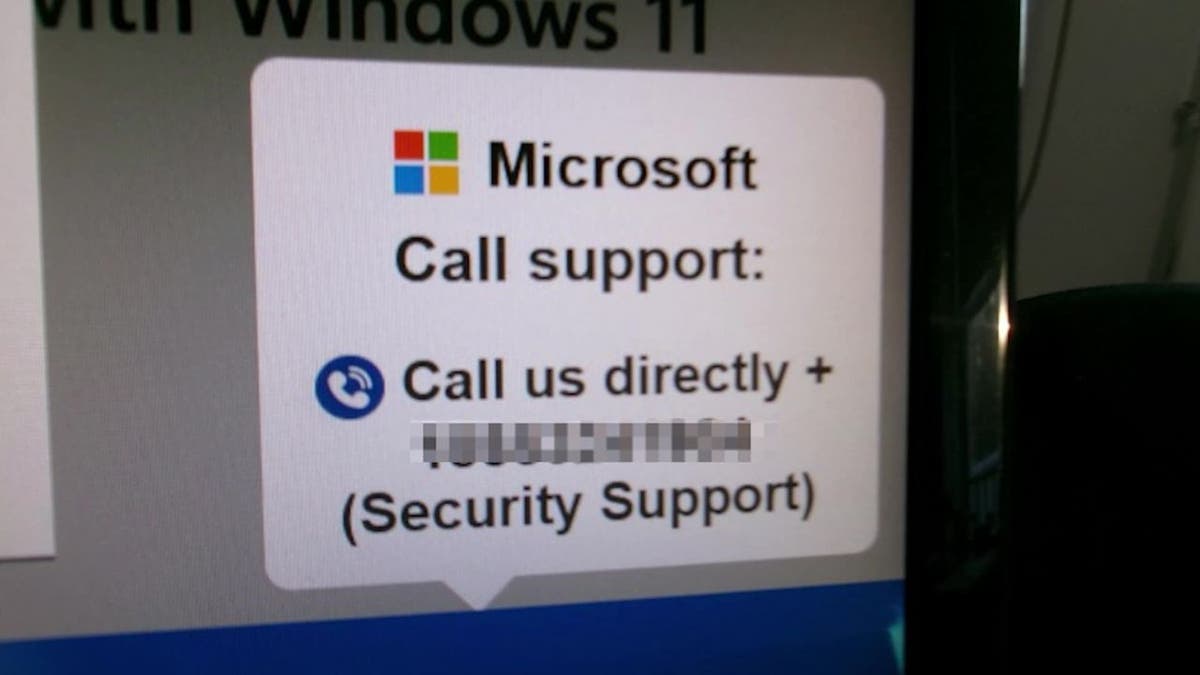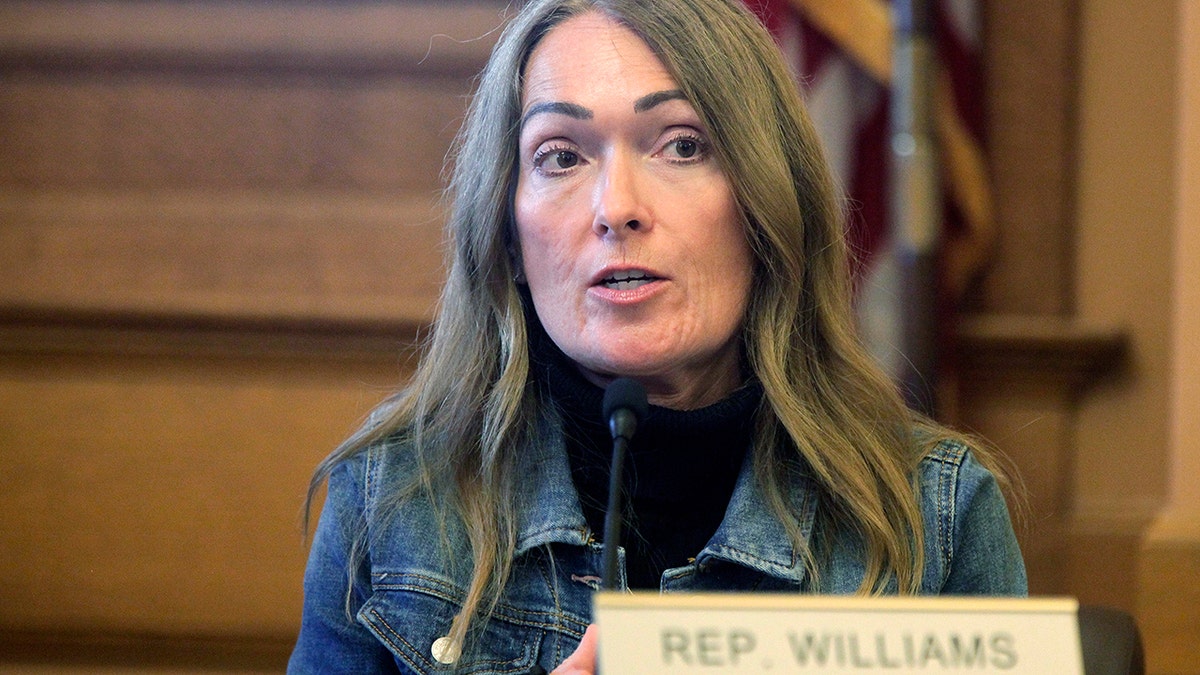Concerned about rising egg prices and the occasional cracked egg in your carton? You're not alone. With egg production fluctuating and avian flu a concern, it's more important than ever to understand how to handle cracked eggs safely.
Lisa Steele, a backyard chicken expert and author of "Fresh Eggs Daily," offers practical advice. Her main point? It depends on when the egg cracked.
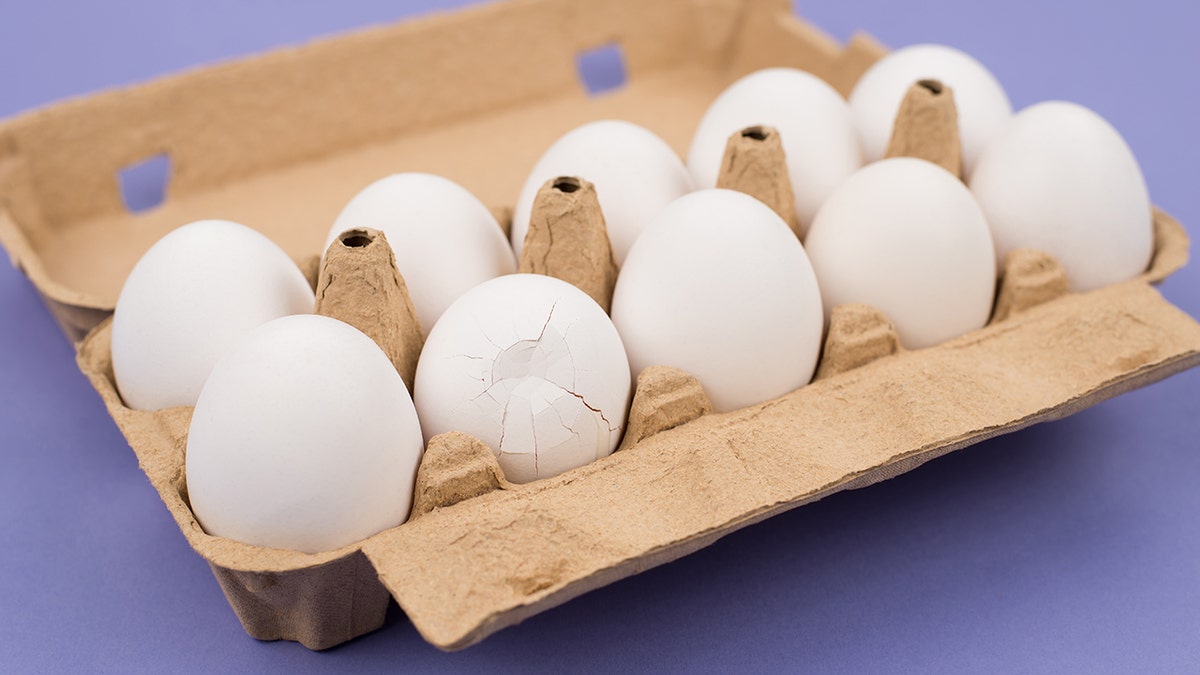
Steele advises against using eggs cracked in store-bought cartons. Since you don't know when the damage occurred, there's a risk of bacterial contamination. Always inspect eggs for cracks before purchasing.
However, if you accidentally crack an egg at home, it's usually safe to eat, especially if the inner membrane is still intact. This membrane acts as a barrier against bacteria. Steele recommends cracking the egg into a bowl, covering it, and using it within two days, ensuring it's cooked thoroughly to at least 160 degrees Fahrenheit.
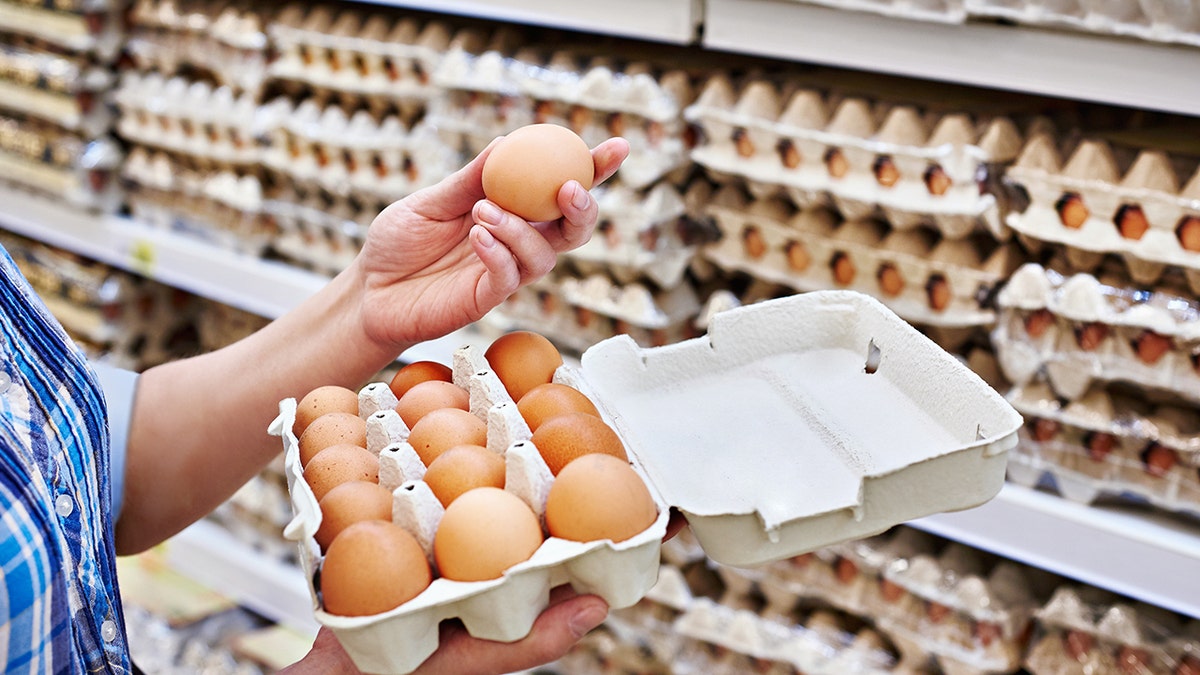
If the membrane is also broken, discard the egg – but not necessarily in the trash. Composting cracked eggs is a great way to enrich your soil with calcium from the shells.
Cold winter temperatures can increase the likelihood of eggs cracking, especially for those with backyard chickens. This is another reason to handle eggs with care during colder months.

The USDA supports these recommendations, emphasizing the importance of purchasing only uncracked eggs and cooking all eggs thoroughly. Eggs cracked during cooking, like hard-boiling, are still safe to consume.
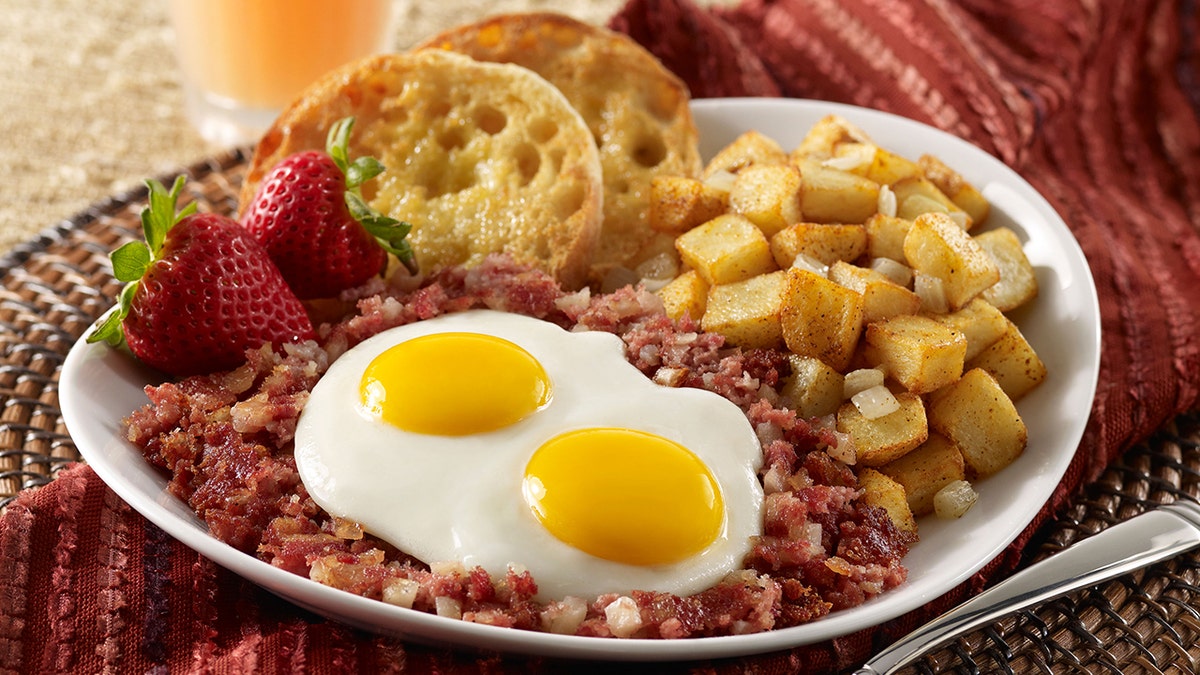
Interestingly, the FDA recently reclassified eggs as a "healthy, nutrient-dense" food, reflecting evolving nutritional science. So, enjoy your eggs – safely!




